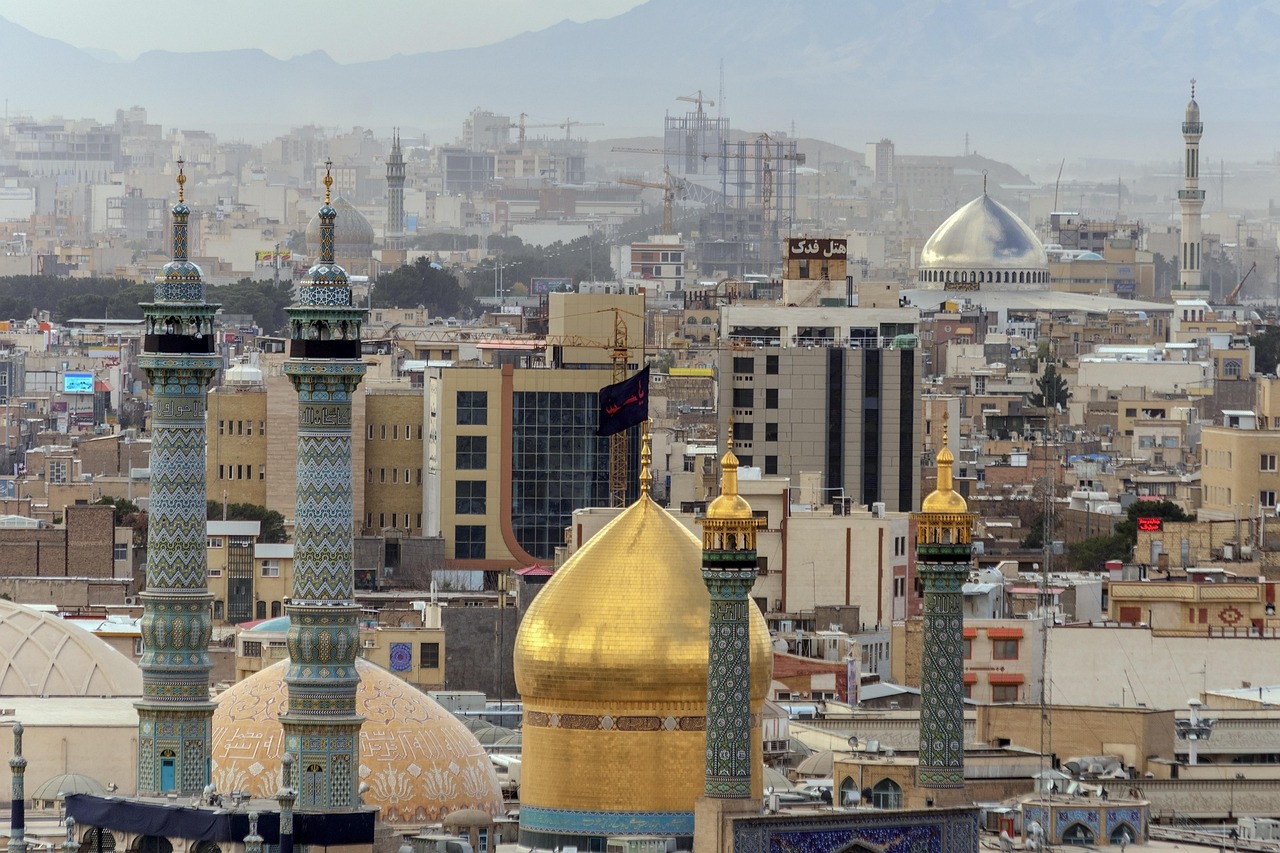Amnesty International and Human Rights Watch (HRW) on Wednesday condemned the crackdown on civilians perpetrated by the Iranian authorities following the conflict with Israel.
According to these rights groups, the Iranian government is using national security as an excuse to target civilians and minorities. Sara Hashash, Deputy Regional Director for the Middle East and North Africa at Amnesty International, said, “The authorities’ domestic machinery of repression remains unrelenting as they ratchet up already oppressive widespread surveillance, mass arrests and incitement to discrimination, hostility and violence against minorities.” Amnesty International and HRW urged criminal accountability for the unlawful arrests and executions.
Local news sources report that since June 13, the Iranian authorities have arrested over 20,000 people. For these individuals, the death penalty is a point of serious concern. Gholamhossein Mohseni Eje’i, the Head of the Judiciary, stated that those who cooperated with Israel would receive serious punishment, including the death penalty. In the first half of 2025, Iran executed 612 people, doubling the number of past years and prompting serious human rights concerns from UN bodies. Moreover, legislation was proposed designating espionage activities carried out for “hostile governments” as “corruption on earth,” which is punishable with the death penalty. This bill is awaiting approval by the Guardian Council.
The International Covenant on Civil and Political Rights (ICCPR) protects the inherent right to life under Article 6. While this article does not prohibit the death penalty, the wording suggests its abolition is desirable. Under the Second Optional Protocol to the ICCPR, signatories abolished the death penalty. Iran has not signed this protocol.
The series of unlawful arrests is also evidence of an attack against minorities in Iran. Michael Page, Deputy Middle East and North Africa Director at HRW, said, “Since June, the human rights situation in Iran has spiraled deeper into crisis with Iranian authorities scapegoating and targeting dissidents and minorities for a conflict they had nothing to do with.” For instance, at least 330 individuals from the Kurdish ethnic minority were arrested since the start of Israeli attacks. Religious minority groups also seem to be targeted with Baha’i, Christian and Jewish minorities under threat.
Longstanding hostilities between Iran and Israel intensified on June 13, 2025, when Israeli forces attacked several nuclear and military infrastructure across Iran. The conflict escalated further, leading to serious violations of international law, until a ceasefire agreement was reached on June 24.
